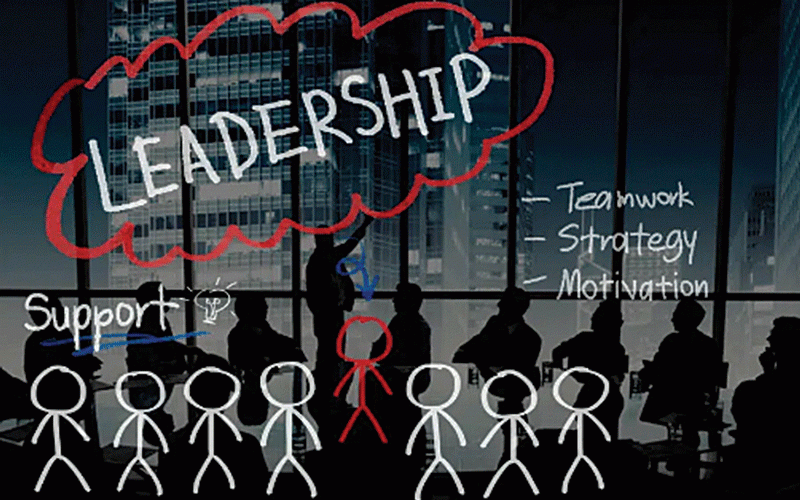
The establishment of fully-fledged portfolio committees shadowing the work of various ministries has been hailed as one of the key results of the parliamentary reform programme that started over a decade ago.
Portfolio committees enquire into policy and actions of government departments falling under their jurisdictions, thereby enhancing the oversight role of Parliament.
The rules of Parliament require that when draft legislation is introduced in the House, it is referred to the relevant portfolio committee, meaning these committees play a very important law-making function. It is through these committees that we are most likely to see good law being enacted.
Portfolio committees are therefore considered the engine of parliamentary work. They allow the House of Assembly to carry out simultaneously numerous functions otherwise not possible in the plenary.
This is where more detailed examination of policy and legislation is carried out. Committee members are able to discuss issues informally and to develop relationships.
This creates an environment in which compromises on matters and technical improvements in public policy can be agreed upon expeditiously. Committees have proved a good vehicle for consensus building and conflict resolution.
From this background information about the importance of parliamentary committees, it is quite evident the main ingredient for committee effectiveness is that business should be conducted in an objective and non-partisan manner.
Members in a committee, who are expected to become authorities in the areas that they are providing oversight, should set aside their political affiliations and consider issues before Parliament in a manner that will advance the public interest.
- Chamisa under fire over US$120K donation
- Mavhunga puts DeMbare into Chibuku quarterfinals
- Pension funds bet on Cabora Bassa oilfields
- Councils defy govt fire tender directive
Keep Reading
Pursuing partisan interests will weaken the position of Parliament as an independent arm of the government and makes it very difficult to exercise in practice the constitutional dictate of separation of powers.
There is no doubt some of the portfolio committees have demonstrated seriousness of purpose by increasingly questioning the actions of ministries and government departments in order for these government agencies to account for their actions.
The work of the Mines and Energy Committee on Shabanie and Mashava Mines (SMM) that has resulted in the administrator of SMM being investigated for contempt of Parliament, and its inquiries into the goings-on in Chiadzwa diamond fields, is a good example of a committee of Parliament delving into issues of huge public importance.
The only unfortunate part about the investigations into Chiadzwa is the committee findings are still to be reported to Parliament for debate.
The Budget Committee has done a fantastic job to advance the participation of Parliament in the National Budget formulation and implementation processes. The productive engagement between the committee and the Ministry of Finance is a good model for the other committees to follow.
It is only through such productive engagement that Parliament will be able to influence the content and execution of public policy. Related to the Budget process is the work of the Public Accounts Committee (PAC) to scrutinise audited reports by the Comptroller and Auditor-General.
It is now public knowledge that the Auditor-General in her 2009 Special Report unearthed rampant abuse and theft of public funds and assets by some ministers and senior government officials.
It is disappointing, however, that despite the efforts of the Auditor-General and PAC, the culprits have not been brought to book. This would be unheard of in a democratic country with functioning, independent and non-partisan government institutions.
While generally the work of committees should be applauded, we have recently witnessed some disturbing developments in one of the committees when members have tried to parrot partisan interests.
The committee in question is the Justice, Legal, Constitutional and Parliamentary Affairs Committee which has a very important duty to influence the enactment of a good Electoral Act and other related statutes that will assist in creating a conducive environment for free, fair and credible elections.
The committee conducted public hearings in all the countrys provinces to solicit public input into the Electoral Amendment Bill. Although some of the hearings were disrupted, the committee still managed to collect oral and written submissions it has used to compile a report which should be tabled in Parliament soon.
There are reports, however, that one or two members have distanced themselves from the report. While a member is allowed by the rules of Parliament to issue a minority report, I personally think this should be discouraged if committees are to remain strong and effective in their oversight and law-making functions.
Partisan interests should be set aside for the institution of Parliament to remain credible in the eyes of the public that voted MPs into office. The committees should be reminded that their work has become much more important now when the inclusive government is in a state of paralysis and failing to deliver government services to the people.
We should be seeing all ministries that are not delivering on their mandate answerable for their actions before parliamentary committees as opposed to a misguided partisan approach to issues.
John Makamure is the executive director of the Southern African Parliamentary Support Trust writing in his personal capacity.
Feedback: [email protected]











